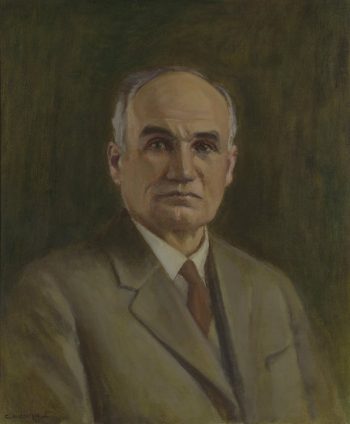Senator Daniel E. Riley
- Canadian Agricultural Hall of Fame
- Inductees
- Senator Daniel E. Riley

- Inducted: 1965
- Residing Province: Alberta
- Gallery Location: 64
Senator Daniel E. Riley
- (1860
- -
- 1948)
Dan Riley was one of the founders of the Western Stock Growers’ Association, an organization that was destined to become the “Voice of Alberta Cattlemen.” He served as a director from 1913-1921 and as president from 1921-1937. Throughout his record term of office as chief spokesman for the association, he provided dynamic leadership by promoting many programs which, when implemented, proved to be beneficial to cattlemen.
Included in these programs were: the extension of grazing leases on federal lands from three to 21 years, thereby giving ranchers a better opportunity to plan their future operations; the removal of the embargo on Canadian cattle shipments to Britain at a time when the US market was closed or highly protected; the introduction of beef carcass grading; government control over stock yard operations, including commission charges and the bonding of operators; and the establishment of an animal diseases laboratory in western Canada.
In the operation of his own ranch, Mr. Riley was an innovator. Always ready to test any promising new development in agriculture, he was a pioneer in the field of irrigation and one of the first to attempt the growing of Kentucky Blue Grass in the foothills.
Mr. Riley was appointed to the Canadian Senate in 1927.
Dan Riley était l’un des fondateurs de l’Association des Western Stock Growers, une organisation qui allait devenir la Voix des Cattlemen de Alberta. Il a siégé en tant qu’administrateur de 1913 à 1921 et président de 1921 à 1937. Tout au long de son mandat comme porte-parole en chef de l’association, il a fourni un leadership dynamique dans la promotion de nombreux programmes qui se sont révélés d’être bénéfiques pour les éleveurs.
De ces initiatives, on compte: l’extension des baux de pâturage sur les terres fédérales de 3 à 21 ans, donnant aux éleveurs une meilleure possibilité de planifier leurs opérations futures; la suppression de l’embargo sur l’exportation des bovins canadiens vers la Grande-Bretagne alors que le marché américain était fermé ou très protégé; l’introduction d’un système de classement de carcasse de bœuf; la surveillance du gouvernement des opérations des parcs à bestiaux, y compris les frais de commission et le cautionnement des exploitants; et l’établissement d’un laboratoire des maladies animales dans l’Ouest canadien.
Dans les opérations de son propre ranch, M. Riley a été un innovateur. Il était toujours prêt à tester des nouvelles technologies prometteuses dans l’agriculture, et a été un pionnier dans le domaine de l’irrigation et l’un des premiers à tenter la culture du Kentucky Blue Grass dans les contreforts.
M. Riley a été nommé au Sénat du Canada en 1927.
- Western Stock Growers’ Association


